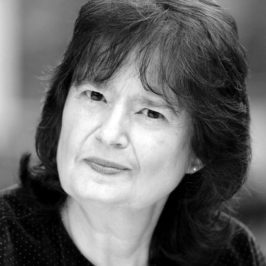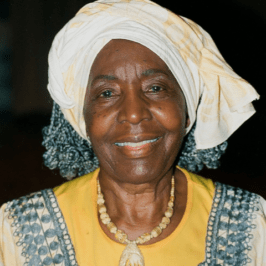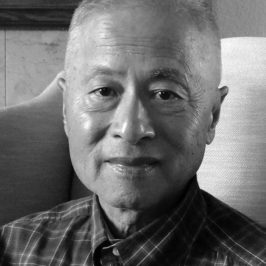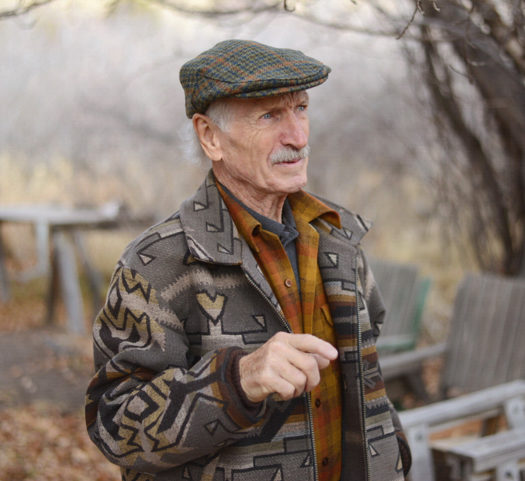
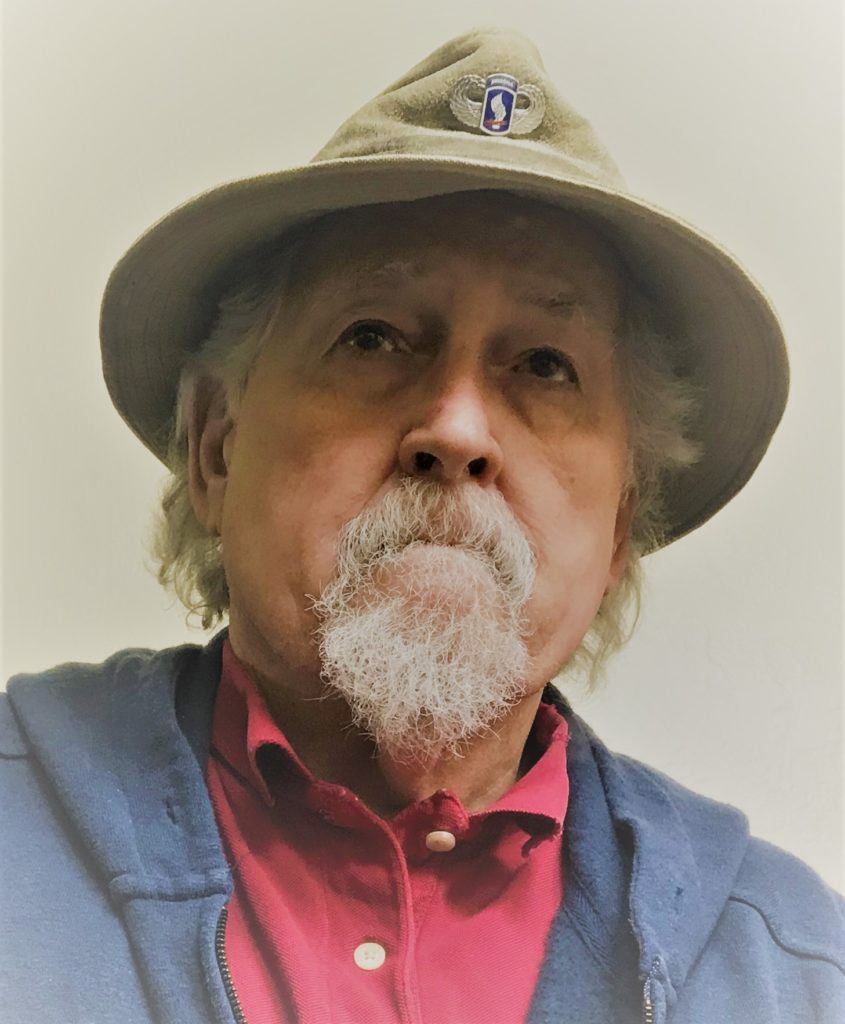
The people that survived, with pieces by James McGrath and Mark G. Carter.
6 minutes
TRANSCRIPT
Welcome to Burning Bright, a weekly podcast presenting poetry and prose from Passager.
November 11 is the day when we Americans commemorate to the work and sacrifices made by our armed forces. Back when I was growing up, it was called Armistice Day, marking the eleventh hour of the eleventh day of the eleventh month in 1918 when the armistice ending WWI was signed. In 1954, the name was changed to Veterans Day. On this episode of Burning Bright, some pieces about veterans, the people that survived the wars.
In 2015, Passager published a series of poems by James McGrath. He said, “These poems are my response of late to the Big Pain we receive with war.” The series began with this poem titled “My Poems.”
It’s when I wrote my poems
on scraps of letters and envelopes
of my dead brothers.
When I tied my poems to my rifle.
When I read my poems after I killed a man.
When the war ended, I couldn’t read them anymore.
The inks had run together into images of their faces.
“My Poems.” James McGrath. Here’s another poem from that series, “The Trumpet Player.”
Philip, just back from the war,
took his trumpet to college
with the GI Bill.
After English Comp, just before going to the dining hall,
he took his trumpet to the irrigation ditch
outside the dorm to play taps.
He thought the willows and cottonwoods
muffled the sounds.
Ravens were his audience:
the black-haired ghosts in his company,
the young Japanese suicide boys
holding one another in the Okinawa cave,
the ones who couldn’t surrender.
Despair drained into the irrigation ditch
when he blew tears from his trumpet.
James McGrath was the 2015 Passager Poet.
Mark G. Carter served in the U.S. Army from September 1963 until July 1971. He said his story “Covey” was one of a series of stories he wrote “. . . in an attempt to dredge meaning from experience.” Here’s an excerpt.
Travis Air Force Base, September 1966.
Tan Son Nhut Airport was where Big Silver Bird came to bring us back to the Land of the Big PX, hot showers, and all-night generators. I’m fairly sure Pan American was the name of the airline that flew us out, but I don’t have a direct memory of that.
. . . Right away I noticed that there was no red dirt in the aircraft. For almost two years red dirt was my second skin – in my clothes, in every wrinkle in my body. Two hundred of us boarded, sat down, buckled up. We talked in whispers or sat silently. We were poised, waiting for something to go wrong. Doors were secured.
. . . A stewardess standing near the pilots’ cabin used a microphone to bid us welcome to her airliner, waved at us, wearing a smile that didn’t quite make it to her eyes, while the other stewardesses spotted themselves about the passenger bay. If the woman with the microphone gave forth a forced smile, the others didn’t bother to even try. It comes to me that they’re worried about Charlie’s mortars. The woman standing in the forward area of the passenger bay proceeded to tell us what to do if we ditched into the sea. They had to hurry through the spiel, because the pilot seems to have signaled the ground crew to jerk the chocks from the wheels as soon as the hatch was closed.
The stewardesses balanced themselves against a bulkhead as the aircraft lurched forward. Our pilot had us moving down the runway at a hundred and ninety miles an hour before she got to the part where she showed us how to yank the leg straps on the lifejackets which, she pointed out, are located in a pocket of the seat in front of us. The wheels had barely cleared the runway when the pilot put us in a climb much steeper than I thought those 707s could handle. Charlie liked to mortar the runway at Tan Son Nhut now and then, so I guess the pilot was in a hurry.
An excerpt from Mark G. Carter’s story “Covey,” from Passager Issue 68.
Passager’s next book publication will be The Solitude of Memory by Michael Miller. Michael said this at the beginning of the book: “In my fifth year, after World War Two had ended, I sat in my uncle’s closet with the door ajar and put on his dented helmet, gripping the handle of his bayonet. Armistice Day parades and playing war became a focus of my boyhood. I knew nothing of the maimed, the dead. Serving your country was a tradition in my family.”
To subscribe to or learn more about Passager and its commitment to writers over 50, go to passagerbooks.com. You can download Burning Bright from Spotify, Apple and Google Podcasts, and various other podcast apps.
For Kendra, Mary, Christine, Rosanne, and the rest of the Passager staff, I’m Jon Shorr.
Due to the limitations on online publishing, some poems may not appear in their original format.

